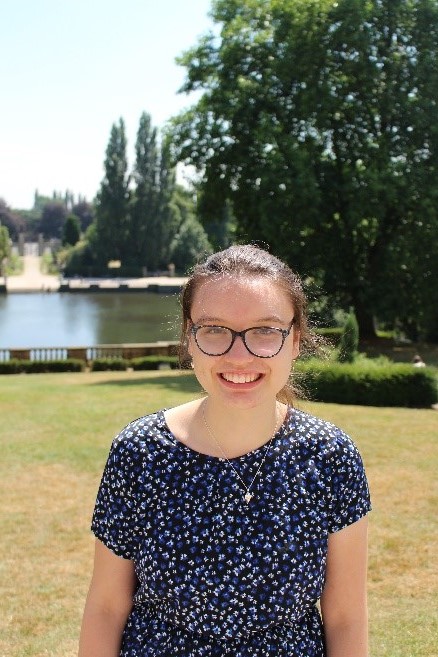
August 10, 2018, by Sunita Tailor
Life as a ‘lecturer’
How do academics also act as a support network, both academically and personally, within the School of English at the University of Nottingham?
Given the opportunity to partake in a period of work experience at the termination of my year 12 studies I opted to spend the week within the School of English at the University of Nottingham. As an individual possessing great passion for the subject, I felt that such would serve as a means of me sourcing an insight into how my favourite A-levels would transfer to that of degree-level study.
As a constituent to this experience, I had the chance to interview Professor Peter Stockwell regarding the nature of the personal tutoring system that operates here at the School. I felt that the discussion that arose from such may serve as a source of reassurement for other prospective applicants regarding the support available and thus wish to share my findings through this medium.
Coming into this placement with no real prior knowledge into the role of the personal tutor, I found the response to my initial question, simply the brief elicitation ‘what does your role of personal tutor entail?’, vastly reassuring. A personal tutor carries out this somewhat pastoral role alongside both their research, teaching and other responsibilities – they are, in many cases, the worried student’s first port of call. This individual is somebody whom can pass you on to the varying services available throughout the university, whether that be to Disability Support to sort out access arrangements for examinations or to the counselling services for any other issues that arise which could be supported through such.
But, do not worry, you will by no means be forgotten about here if you are the type of person who is fairly autonomous in your studies, not regularly requiring external support. In response to the larger and more diverse student body that we see in higher education instituions today a scheme was developed around ten years ago for first-year students, a core module called ‘Academic Support’. This essentially encompasses mandatory meetings with your tutor on a fortnightly basis, a constituent to the first-year curriculum as it were. Tutors are even given an agenda to work through to ensure that the experience for students is comparable across tutors. Accessing this support through a scheme really allows you to get to know your personal tutor and come to trust and feel comfortable seeking them out in any potential point of need; this relationship shall be especially useful later on in your second and third years I am told.
Although, as it stands, I have predominately placed the emphasis on the benefits of this scheme for the student, I perceive the notion that tutors also see such as a rewarding process to be a crucial point to note. In frequently spending additional time engaging in often intellectual discussion with the students as part of these sessions, tutors do not just get to know them on a personal level but also gain insight into their thought processes and the manner through which they learn – understanding the academic nature of the student is pivotal in the holistic comprehension of their later work.
In engaging in the previously mentioned discussion the inseparable nature of the ‘academic’ and the ‘personal’ were really highlighted to me as standing at the forefront of not only the scheme but also the dynamic role of the ‘lecturer’. Whilst you are studying here within the School of English at the University of Nottingham you will always be personally supported in your academic tasks. Contrary to popular belief, your lecturer may well do more than just teach…



Thankyou for highlighting this service . I didn’t know such a thing was available and I’m hoping my son will be able to access this when he looks into uni later this year .